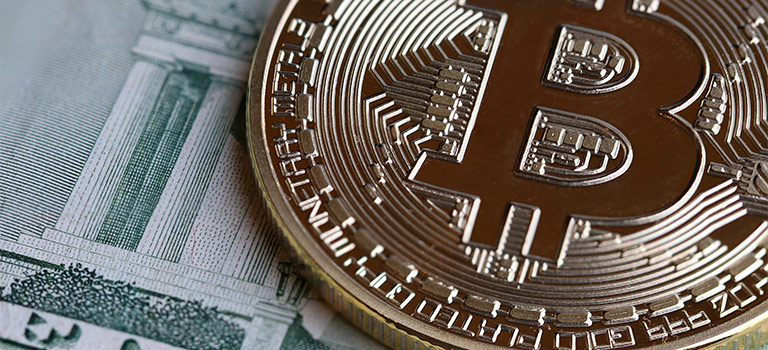PALO ALTO, Calif. (Reuters) - The Federal Reserve is looking at a broad series of problems around digital payments and currencies, consisting of policy, design and legal factors to consider around possibly issuing its own digital currency, Governor Lael Brainard stated on Wednesday. Brainard's remarks recommend more openness to the possibility of a Fed-issued digital coin than in the past." By transforming payments, digitalization has the prospective to deliver higher worth and convenience at lower expense," Brainard said at a conference on payments at the Stanford Graduate School of Business.
Reserve banks globally are debating how to handle digital financing innovation and the dispersed journal systems used by bitcoin, which assures near-instantaneous payment at potentially low expense. The Fed is developing its own day-and-night real-time payments and settlement service and is currently examining 200 comment letters submitted late last year about the suggested service's design and scope, Brainard stated.
Less than 2 years ago Brainard told a conference in San Francisco that there is "no engaging showed need" for such a coin. But that was prior to the scope of Facebook's digital currency ambitions were extensively known. Fed authorities, consisting of Brainard, have actually raised issues about consumer defenses and information and privacy dangers that might be The original source postured by a currency that could enter usage by the 3rd of the world's population that have Facebook accounts.
" We are collaborating with other reserve banks as we advance our understanding of main bank digital currencies," she stated. With more countries looking into issuing their own digital currencies, Brainard stated, that includes to "a set what is fedcoin of factors to also be ensuring that we are that frontier of both research and policy advancement." In the United States, Brainard stated, issues that require research study include whether a digital currency would make the payments system much safer or simpler, and whether it might present financial stability threats, consisting of the possibility of bank runs if cash can be turned "with a single swipe" into the reserve bank's digital currency.
To counter the monetary damage from America's unprecedented national lockdown, the Federal Reserve has taken unmatched actions, consisting of flooding the economy with dollars and investing directly in the economy. Most of these relocations received grudging approval even from lots of Fed skeptics, as they saw this stimulus as needed and something only the Fed could do.
My new CEI report, "Government-Run Payment Systems Are Hazardous at Any Speed: The Case Against Fedcoin and FedNow," information the dangers of the Fed's current Additional hints prepare for its FedNow real-time payment system, fedcoins and propositions for main bank-issued cryptocurrency that have actually been fedcoin vs bitcoin called Fedcoin or the "digital dollar." In my report, I talk about concerns about personal privacy, information security, currency control, and crowding out private-sector competitors and development.
Advocates of FedNow and Fedcoin state the government must develop a system for payments to deposit quickly, rather than encourage such systems in the economic sector by raising regulatory barriers. However as kept in mind in the paper, the private sector is providing a relatively limitless supply of payment innovations and digital currencies to fix the problemto the extent it is a problemof the time gap in between when a payment is sent out and when it is gotten in a checking account.

And the examples of private-sector development in this area are many. The Cleaning House, a bank-held cooperative that has actually been routing interbank payments in various kinds for more than 150 years, has actually been clearing real-time payments since 2017. By the end of 2018 it was covering 50 percent of the deposit base in the U.S.